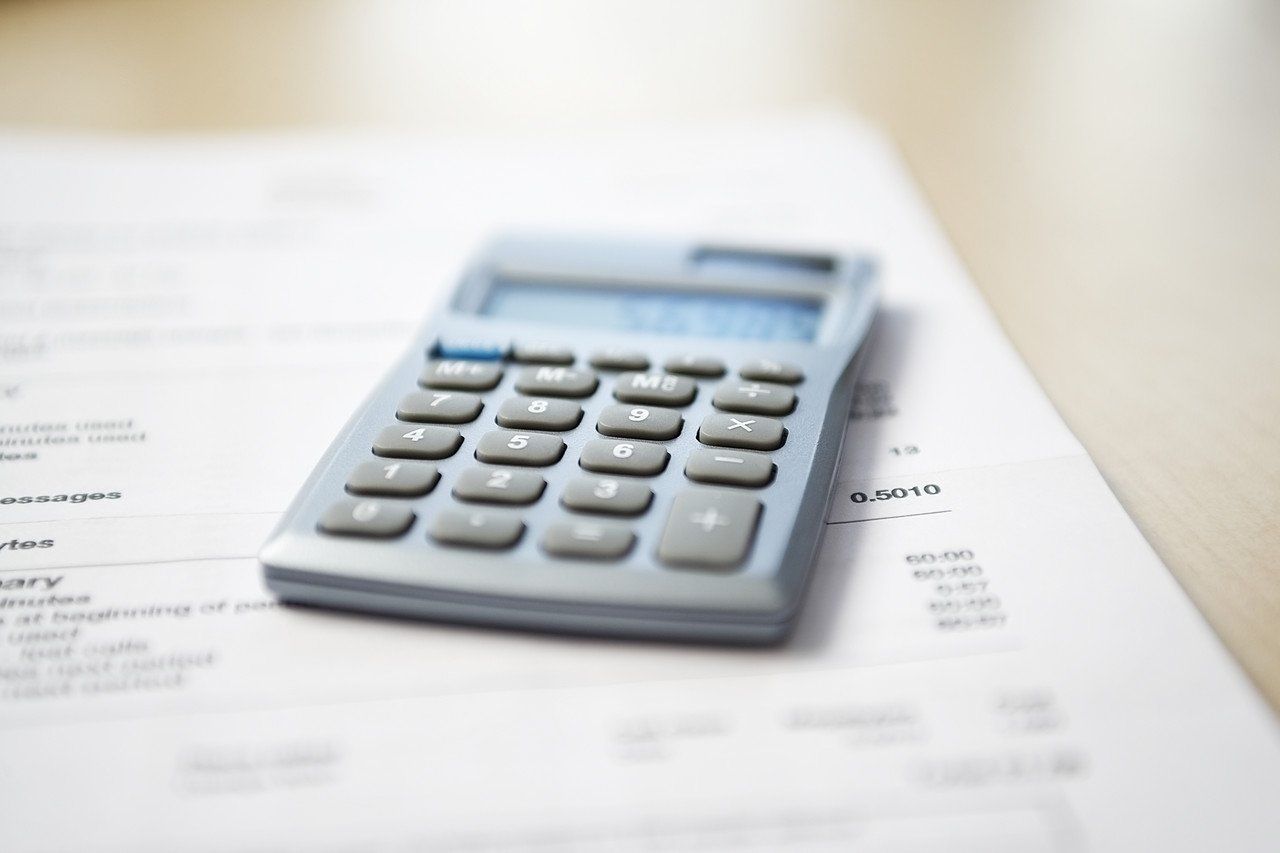How to Follow Up on Unpaid Invoices and Maintain Cash Flow
Practical tips to ensure you handle unpaid invoices efficiently and professionally.
For freelancers, unpaid invoices aren’t just an inconvenience—they’re a threat to the lifeblood of your business: cash flow. Without consistent income, covering day-to-day expenses, saving for taxes, or investing in growth becomes challenging.
As an accountant, I’ve seen how unpaid invoices can snowball into financial instability. The good news? With the right strategies, you can follow up on unpaid invoices professionally and effectively while maintaining strong client relationships. Here’s how to do it.
Why Timely Payments Are Crucial for Freelancers
Unpaid invoices are more than an annoyance—they’re a warning sign for potential cash flow issues. Steady cash flow allows you to:
- Pay essential expenses like software subscriptions, utilities, or subcontractors.
- Save for taxes and avoid scrambling when deadlines approach.
- Invest in growth opportunities such as marketing or equipment upgrades.
Timely payments also ensure accurate financial records. This makes it easier to track profitability, forecast income, and prepare for tax obligations.
1. Set Clear Payment Terms
The groundwork for smooth invoice management is laid when you establish clear, professional payment terms. Every invoice should include:
- Due Dates: Specify an exact deadline (e.g., “Payment due within 14 days of invoice date”). Avoid vague terms like “due upon receipt.”
- Accepted Payment Methods: List options like bank transfer, PayPal, or card payments. Offering multiple methods increases the chances of prompt payment.
- Late Fees: Clearly state any penalties for overdue payments (e.g., “5% late fee for payments overdue by 7 days”). This not only encourages timely payments but also protects your business from prolonged delays.
These terms set expectations and give you a strong footing to address unpaid invoices later.
2. Send Polite Reminders Early
Don’t wait for an invoice to become overdue before acting. Be proactive with reminders:
- Before the Due Date: Send a friendly email a few days before the payment is due, ensuring the client hasn’t forgotten.
Example:
“Hi [Client’s Name],
I hope this finds you well. Just a quick reminder that Invoice #12345 for [service provided] is due on [date]. Please let me know if there’s anything you need. Thanks so much!”
- On the Due Date: Follow up again, maintaining a courteous tone.
This approach shows professionalism while subtly nudging clients to take action. From an accountant’s standpoint, consistent reminders prevent prolonged cash flow disruptions.
3. Maintain Professionalism in Communication
When an invoice becomes overdue, frustration is natural—but professionalism is essential. A professional tone preserves client relationships and reflects positively on your business.
Example:
“Dear [Client’s Name],
I’m following up regarding Invoice #12345, which was due on [date]. If payment has already been made, thank you! If not, please let me know if there are any issues I can help with to ensure it’s processed. Looking forward to your update.”
Professional communication builds trust and demonstrates that you value your clients. From a legal perspective, keeping records of all interactions protects you in case of disputes.
4. Automate the Follow-Up Process
Manual follow-ups can be time-consuming, especially if you’re juggling multiple clients. Invoicing software like QuickBooks, FreshBooks, or Xero can automate this process. Features include:
- Scheduled reminders before and after the due date.
- Automatic application of late fees.
- Real-time payment tracking.
Automation ensures consistency and frees up your time to focus on your work. As an accountant, I always recommend leveraging technology to simplify financial tasks and maintain accurate records.
5. Escalate When Necessary
If reminders fail to elicit payment, it’s time to escalate the situation:
- Formal Notice: Send a formal letter detailing the overdue amount, payment deadlines, and consequences for continued non-payment.
- Legal Action: As a last resort, involve a collections agency or pursue legal avenues. Always document your efforts to follow up, as this evidence will be crucial if the matter escalates.
While escalation is rarely pleasant, it’s sometimes necessary to protect your cash flow and maintain fairness.
How to Avoid Unpaid Invoices in the Future
Preventing unpaid invoices is always better than chasing them. Consider these strategies:
- Request Deposits: For larger projects, request an upfront deposit before starting work.
- Milestone Payments: Break projects into stages, with payments due at each milestone.
- Client Vetting: Work with reliable clients by researching their reputation or starting with smaller projects to establish trust.
Why Accountants Emphasise Cash Flow Management
From an accountant’s perspective, cash flow is the foundation of your financial stability. Late payments not only disrupt day-to-day operations but also affect long-term planning. Without steady income, freelancers may struggle with:
- Saving for tax deadlines.
- Making informed financial decisions.
- Demonstrating financial stability for loans or investments.
By prioritising prompt payments and adopting effective invoicing strategies, you safeguard your business and position yourself for growth.
Unpaid invoices are a common challenge for freelancers, but with the right strategies, they don’t have to derail your business. Setting clear payment terms, sending polite reminders, maintaining professionalism, automating follow-ups, and knowing when to escalate can help you manage overdue invoices effectively.
As an accountant, I’ve seen firsthand how timely payments support better financial planning and stress-free tax preparation. By following these tips, you’ll not only protect your cash flow but also enhance client relationships and build a stronger foundation for your freelance business.
Your time and expertise are valuable—don’t let unpaid invoices jeopardize your success. Take control of your invoicing process today for a brighter financial future.












